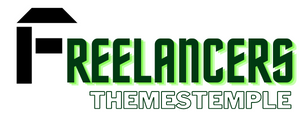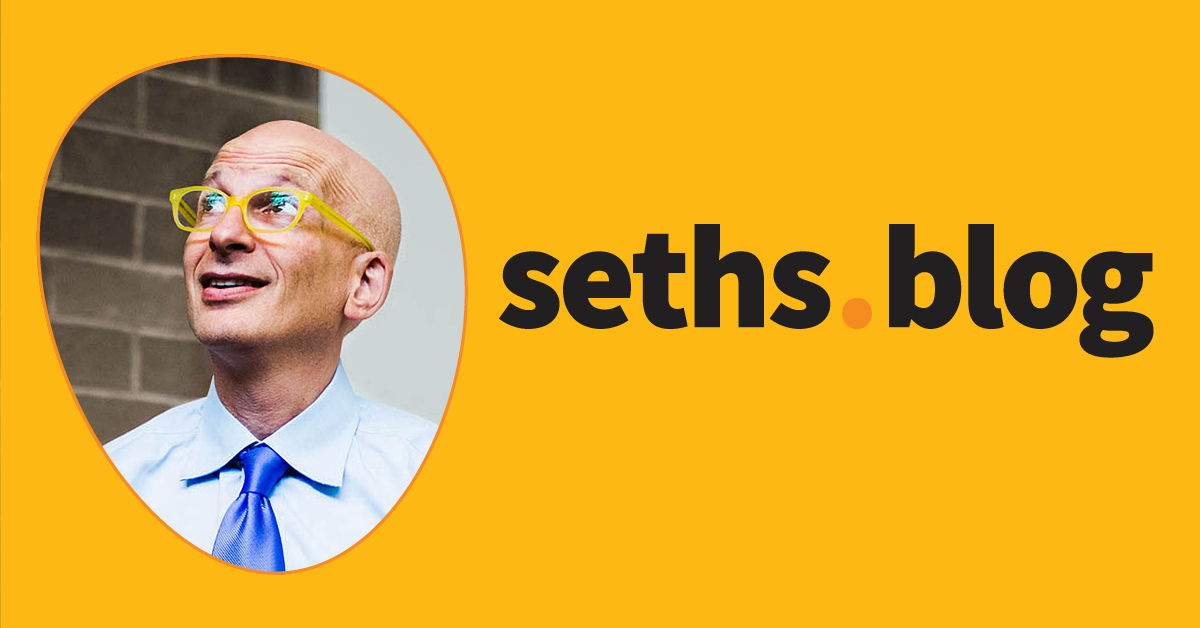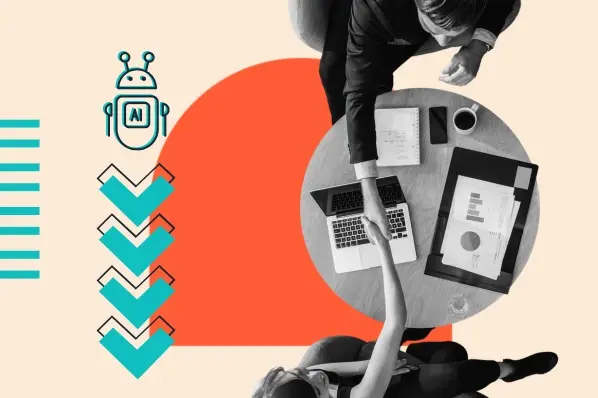And it changes over time.
You and I know what to do when we see a revolving door, or to speak quietly in a library. We have expectations of how the world works and what designers are saying with their work.
Here’s a photo of a device with two controls. We’ve been taught our whole lives that the bottom one, the faucet, is designed to control the amount of water flowing through a pipe. And the top one is generally used to divert water from one pipe to another, often used to control the temperature in a shower.
Unfortunately, this design has a typo. The bottom faucet was chosen by the designer to control the temperature and the top one turns the shower on and off. There’s no way to control the volume.
When you make a typographical error in your design language, you’re either being careless or seeking to lead toward a new way of interpreting the work of anyone in your field.
Over time, the meaning of something changes. It used to be that offering plenty of disposable plastic bottles was a way for a designer to communicate surplus, luxury or sanitation. Now, it simply feels wasteful and short-sighted.
It used to be that affordances in design for people with less range of motion or other disabilities was seen as grudging and mandatory, but now it communicates awareness, openness and thought…
In New York, designing a fancy restaurant to be quiet was a sign of luxury, now, restaurant designers seek to signal scarcity by making restaurants noisy.
Kerning your type is a form of communication through design, and the rise of social media has added new meaning to poorly set type as well.
A list of rules isn’t helpful. Looking for and understanding the language as it changes is.



![How to Optimize for Google’s Featured Snippets [Updated for 2024]](https://moz.com/images/blog/Blog-OG-images/How-to-Optimize-for-Googles-Featured-Snippets-OG-Image.png?w=1200&h=630&q=82&auto=format&fit=crop&dm=1724004002&s=13df73104762982790dab6dc8328023f)


